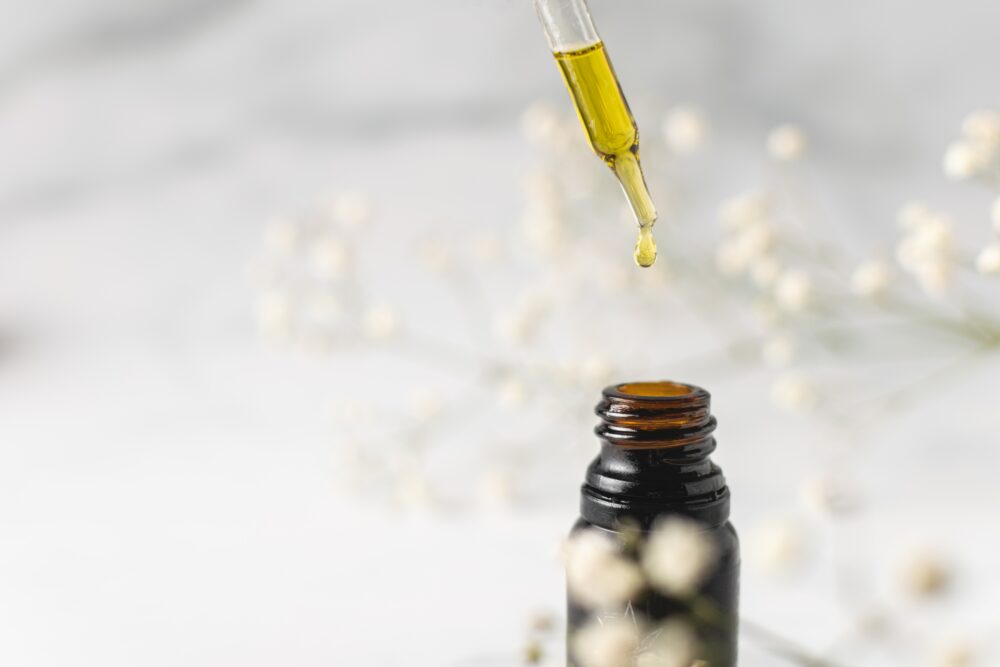
Anxiety is a common mental health issue that affects millions of people across the world. It is often treated with prescription medication, which often has potential side effects and the risk of addiction. In recent years, medical marijuana has been gaining widespread attention for its potential benefits in treating anxiety. In this blog post, we’ll dive deeper into how medical marijuana can help manage anxiety.
Cannabinoids and Anxiety
Cannabinoids are active compounds found in the cannabis plant. They interact with our endocannabinoid system, which regulates various bodily functions including mood, appetite, and pain sensation. Cannabinoids such as THC and CBD have been shown to have anxiolytic properties, which can help reduce anxiety symptoms. THC, which is known for its psychoactive effects, can induce feelings of relaxation and euphoria. CBD, on the other hand, does not have psychoactive effects but has been shown to have anxiolytic properties.
Medical Marijuana vs Prescription Medications
Medical marijuana can offer a safer alternative to traditional prescription medications, which often have potential side effects such as drowsiness, dizziness, and confusion. Prescription medications also have a risk of addiction and withdrawal symptoms. In contrast, medical marijuana has a lower risk of both. Furthermore, medical marijuana can offer long-term benefits in managing anxiety, while prescription medications often have short-term benefits.
Legalization and Accessibility

The fight for the legalization of medical marijuana has made it more accessible to individuals in need. Legalization has helped change the stigma around cannabis in many places. However, it is essential to note that medical marijuana is still illegal in many states and countries. In states where medical marijuana is legal, individuals can have a medical marijuana card, which certifies them to purchase and consume medical marijuana. Getting a medical marijuana card involves a consultation with a licensed medical professional, who will evaluate the individual’s symptoms and determine if medical marijuana is a suitable treatment option.
Potential Side Effects
While medical marijuana has significant potential benefits in managing anxiety, it is essential to consider the potential side effects. One of the most common side effects of medical marijuana is sedation, which can affect the individual’s ability to perform daily tasks. Other side effects include dry mouth, red eyes, and appetite changes. Individuals with a history of mental health conditions such as psychosis or bipolar disorder should consult a medical professional before using medical marijuana.
Medical marijuana has significant potential benefits in managing anxiety and can offer a safer alternative to traditional prescription medications. The dosage and consumption methods can vary depending on the individual’s needs, and it is essential to start with a low dosage and gradually increase. While medical marijuana is still illegal in many states and countries, the legalization of anxiety medical marijuana has made it more accessible to individuals in need. As with any medication, it is essential to consider the potential side effects and consult a medical professional before consuming medical marijuana.
Sources of Information:
National Institute on Drug Abuse (NIDA) – “Marijuana as Medicine“
National Library of Medicine (NIH) “Cannabis, a Cause for Anxiety?“
National Library of Medicine (NIH) “Medicinal Marijuana, Stress, Anxiety, and Depression“


